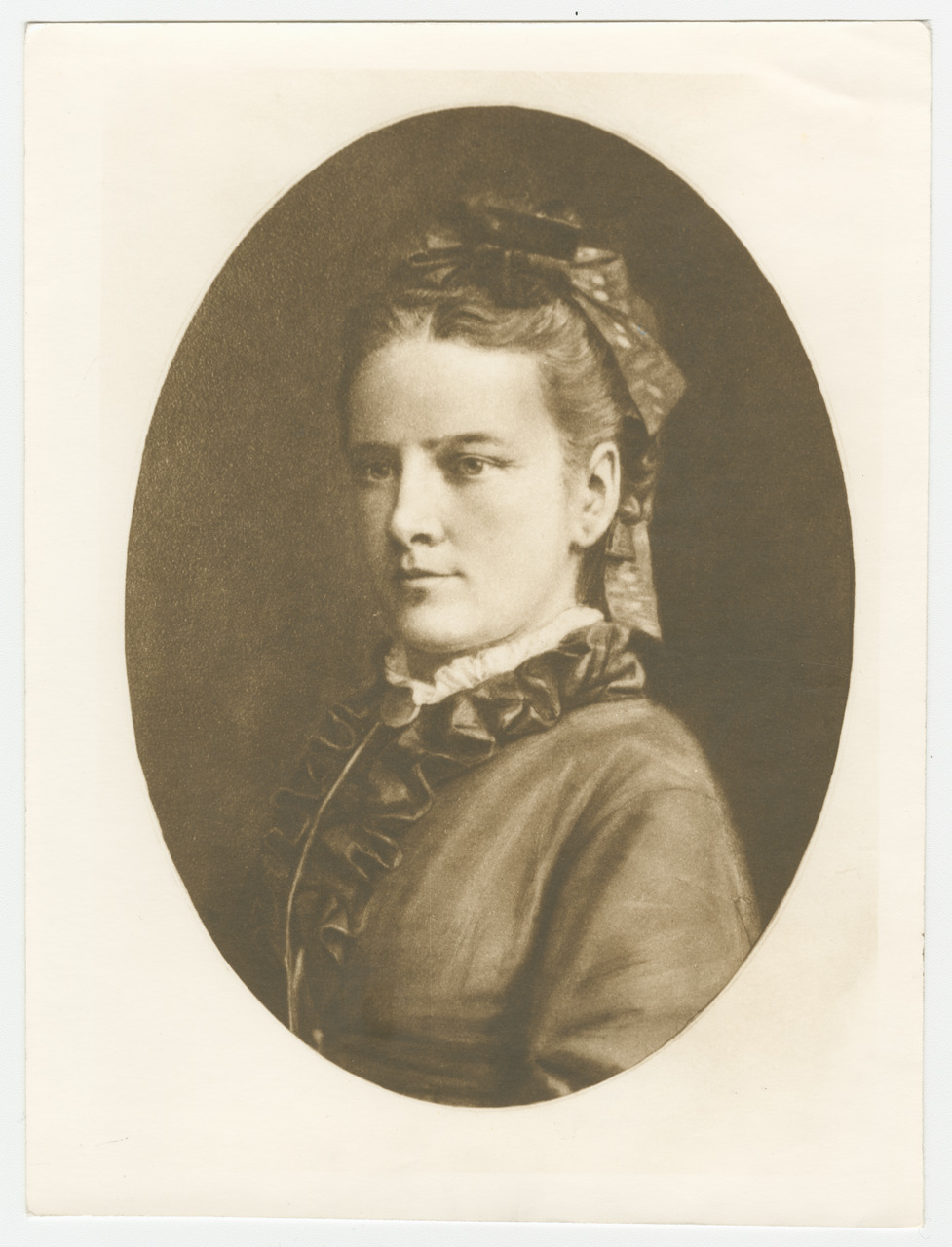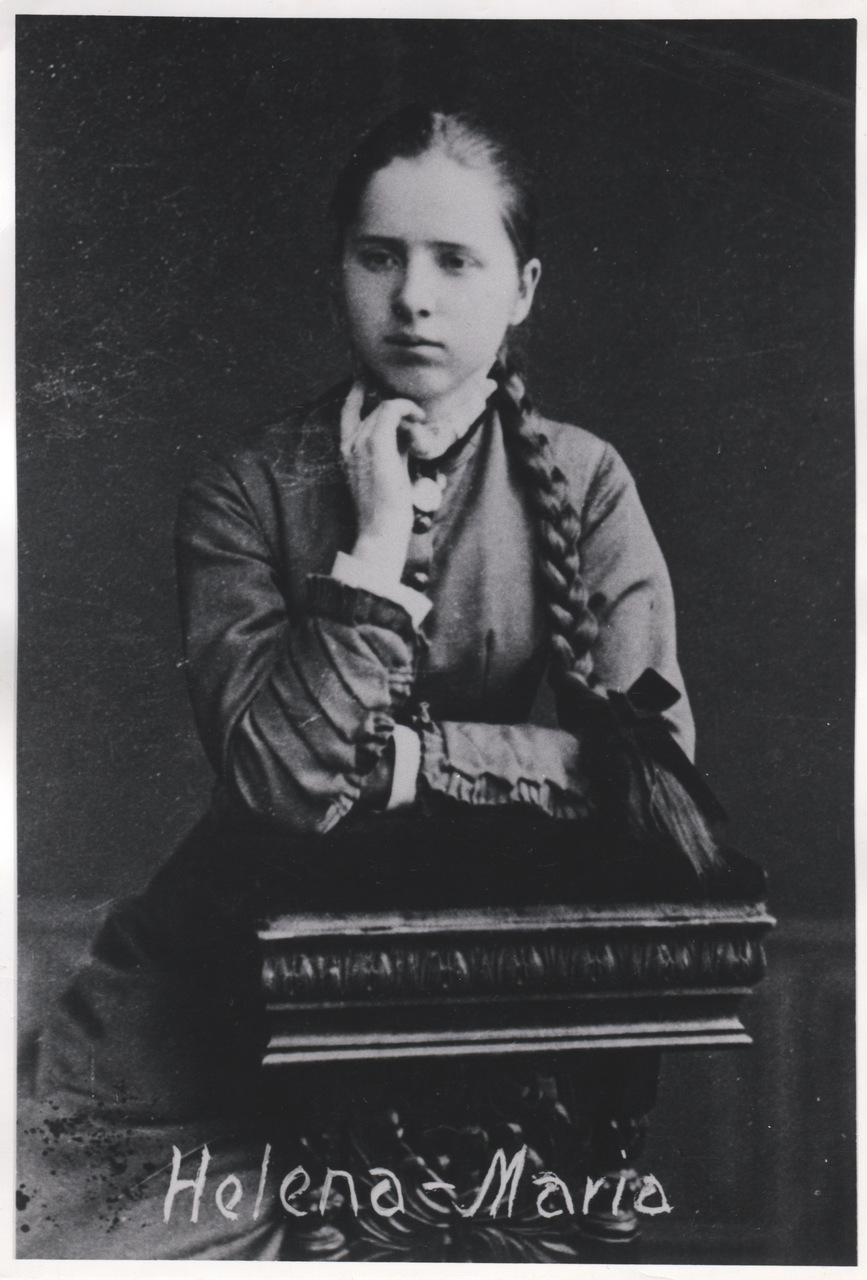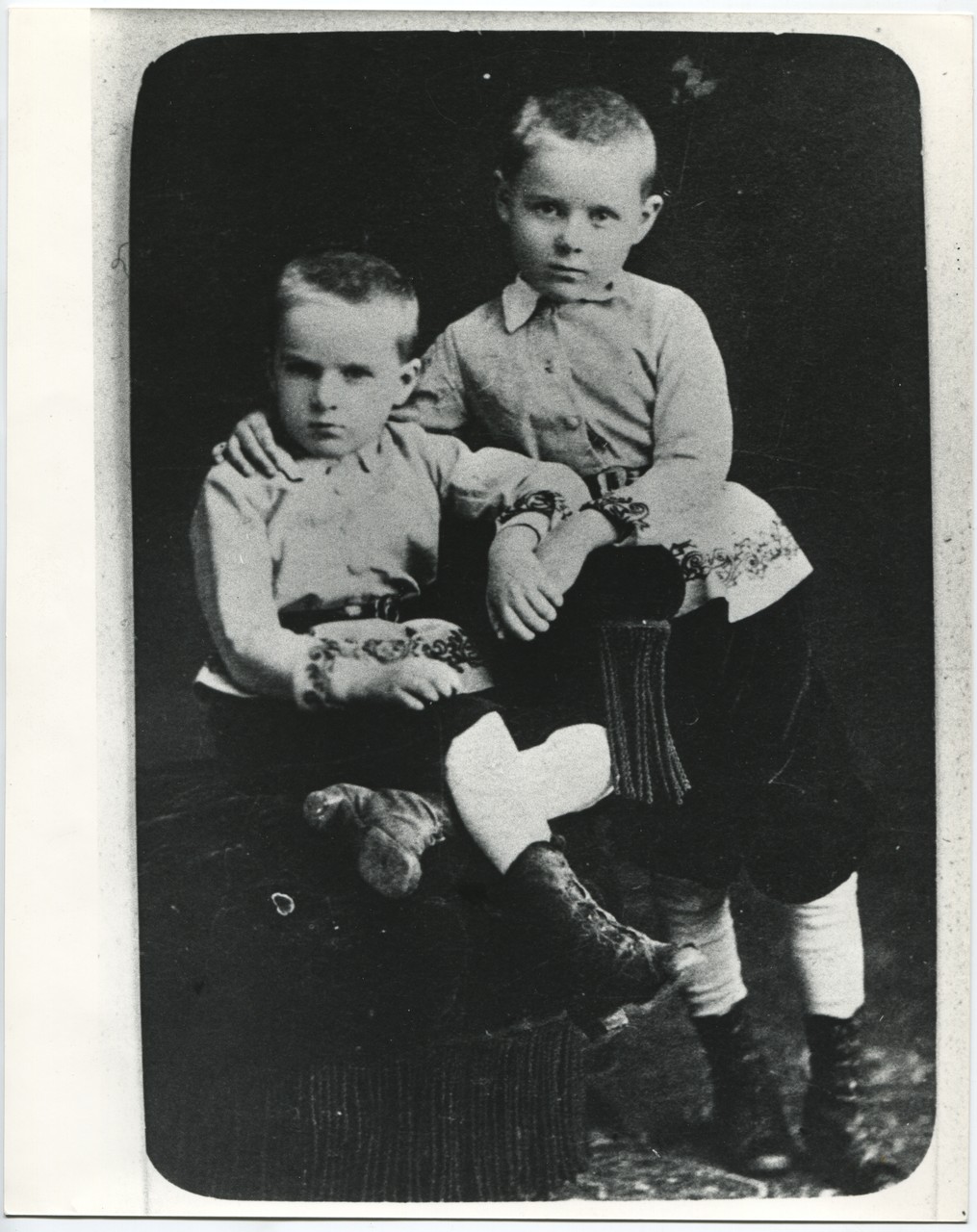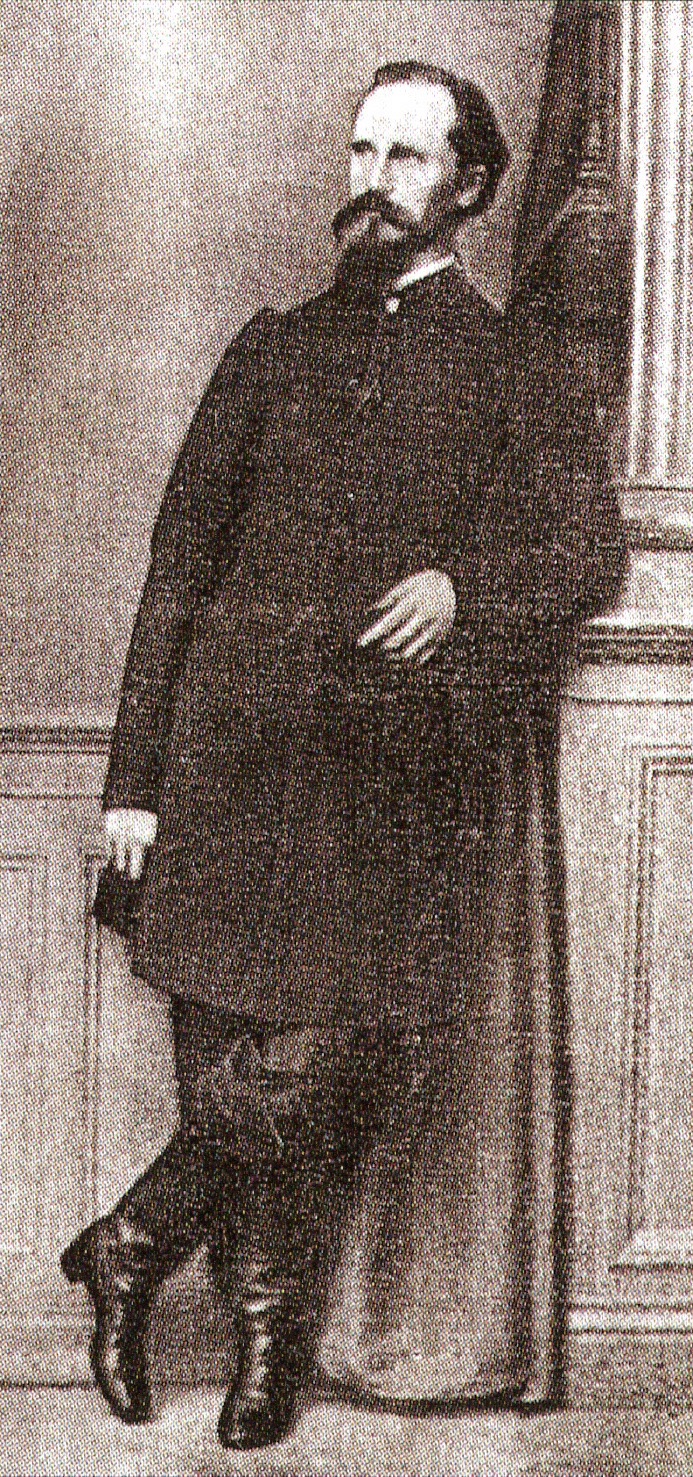
Family

Ainu Wife
Ainu Family
Family
“A yound daughter of an old man rode up on a horse-drawn cart. She was wearing silk clothes and held a bundle with dark blue glass beads in her hand. The son carried a straw pouch with several swords stuck into it”, this is how Bronisław Piłsudski described his first meeting with the future Ainu wife. This is the only mention of Chūsamma in his works.
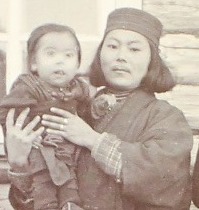
Photo from the collection of the Archives of New Records in Warszawa
The girl was 23 years old at the time. They met during the researcher’s first participation in the Bear Festival (iomante) in the village of Otosan in the second half of September 1902. In December, Piłsudski moved to the Ai village, where he spent the winter. He moved into a Russian-style log cabin belonging to Bafunke (Aikichi Kimura), a well-known personality among Sakhalin’s Ainus. The daughter of his older brother Sirekua was a frequent visitor there, and the chief’s house became a permanent base for the ethnographer. Most likely, Chūsamma was a perfect language teacher. An expert on the Ainu people, Mashiho Chiri, described their story as follows.
“It happened 40 years ago. A Polish anthropologist Bronisław Piłsudski arrived in Sakhalin as an exile. He settled in the village of Ai (now Aihama) located near the settlement of Shirahama and spent his days carrying out ethnographic research. The village chief had a beloved niece. Her name was Chūsamma. Her beauty was admired all over Sakhalin, which was full of beautiful girls. The young Piłsudski, a sociable man, as befits a Westerner, with an impressive appearance, won the respect of the village. Chūsamma’s admiration for Piłsudski turned into love. After a while, this merokopo and the handsome young man with greenish-blue eyes professed their love for each other near the beach, where red Japanese roses bloomed, and in dense green groves. This love between “Piłsudski – a magnificent man with a beard reaching down to his torso, a good man, and Chūsamma – the most beautiful girl in the village,” became a legend, and is a topic of conversation in this sad settlement to this day. Ainu girls usually choose their husbands, but this time Chūsamma’s affection met strong resistance from her parents. However, the young couple overcame it and got married. They made a love nest in the settlement of this northern land and had two children.”
At the end of September 1903, the traditional Ainu wedding ceremony of Bronisław Piłsudski and Chūsamma, initiated by Bafunke, took place, and on 12 February 1904, their first child, the son Sukezō Kimura, was born. When their daughter, Kyo Kimura, was born on 8 December of the following year (she changed her name to Ōtani after her marriage), Piłsudski was no longer in the Ai village. In mid-September, he parted ways with his family forever. At the time, he had already visited them under Japanese occupation with the intention of taking them with him on his return trip to Poland, but Chūsamma’s family refused to allow the pregnant woman and her little child to leave. Earlier, when Bronisław left Sakhalin without his family, he supposedly asked his wife not to tell people about him. He did not brag about her to anyone either.
After 25 years, Fumio Nonaka, a journalist for the Sakhalin newspaper “Karafuto Nichinichi Shinbun”, managed to interview Chūsamma. This is how she described the farewell scene, “Soon, P. wrapped in fur, got into a sleigh pulled by 10 dogs. The Shinki wife with her sweet baby on her back, who was still breastfeeding, huddled in the snow with growing pain in her heart. The sleigh began to move. As if touched by a premonition that it could be a farewell forever, P. felt grief squeezing his throat. Shinki, so far silent, with her eyes full of tears and her head lowered, suddenly ran like mad after the speeding sleigh, bursting into tears. But the speeding sleigh had no intention of stopping. P. raised his hand, turned around a few times and said a regretful goodbye. Exhausted from running, Shinki fell into the snow and cried loudly. The escorting Bafunke also had burning tears in his eyes…”
On 18 December, ten days after the birth of the daughter he never met, Bronisław Piłsudski sailed from Vladivostok toward Japan, leaving Russia forever.

